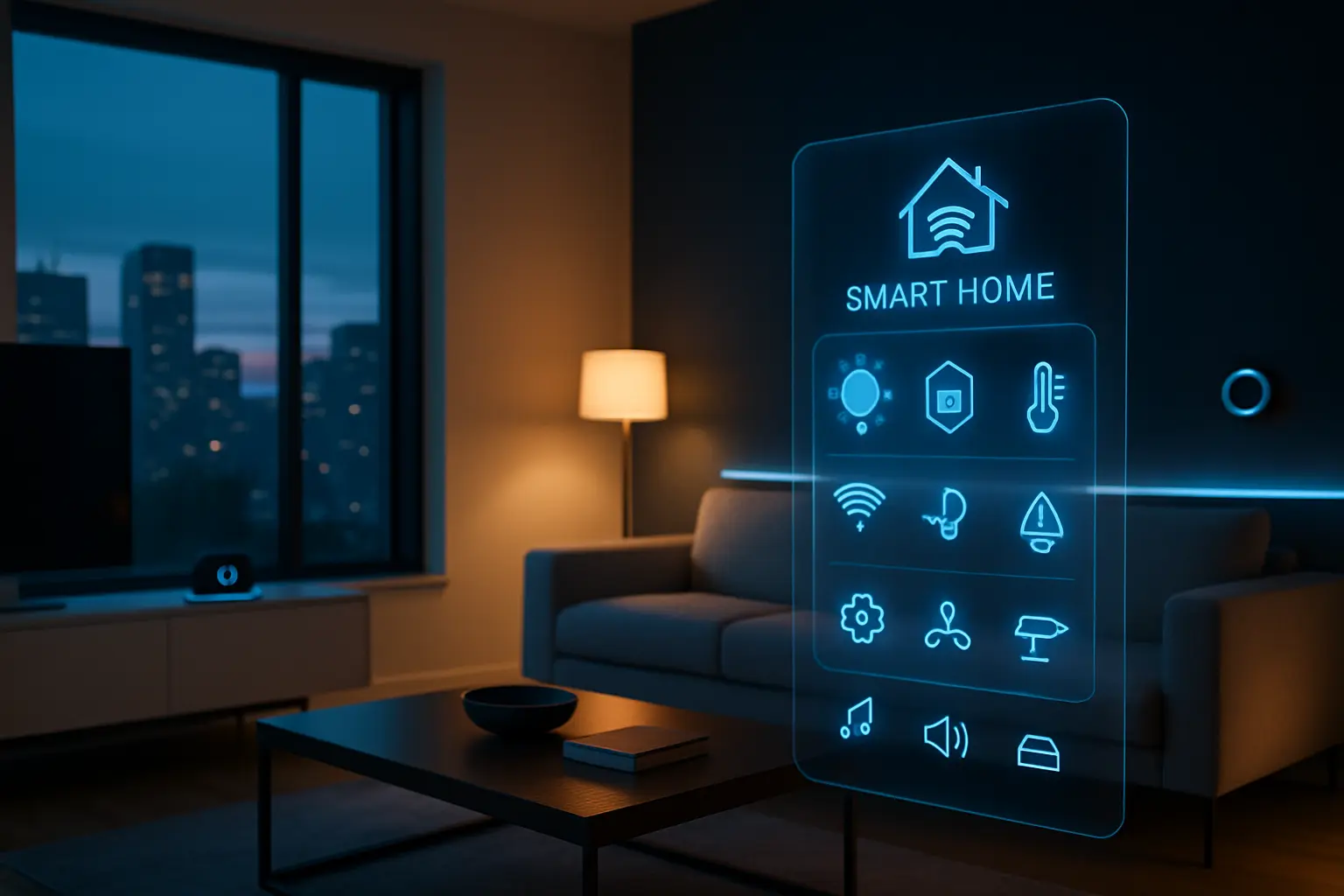Smart Home Integration: The New Standard in Real Estate
How technology is revolutionizing property values and reshaping buyer expectations in today's market

The Evolution of Smart Home Technology in Real Estate
Smart home technology has undergone a remarkable transformation in the real estate market. What was once considered a luxury add-on has now become a standard expectation among modern property buyers. The integration of intelligent systems has revolutionized how we interact with our living spaces, creating a new paradigm in property valuation and market competitiveness.
Property developers and homeowners are increasingly recognizing that smart home features are no longer optional extras but essential components that can significantly influence buying decisions. From entry-level homes to luxury estates, the presence of smart technology has become a crucial differentiator in the market.
Top Smart Home Features Driving Property Values
The most impactful smart technologies driving property values can be categorized into several key areas:
Security Systems
- Smart Surveillance: AI-powered cameras with facial recognition and mobile monitoring
- Access Control: Biometric entry systems and smart locks with remote management
- Automated Emergency Response: Integrated systems that alert authorities during emergencies
Energy Management
- Smart Climate Control: AI-driven HVAC systems that learn occupant preferences
- Energy Monitoring: Real-time consumption tracking and optimization
- Solar Integration: Smart solar systems with battery storage solutions
Automated Solutions
- Voice-Controlled Systems: Integrated virtual assistants for whole-home control
- Smart Lighting: Automated, energy-efficient lighting systems
- Connected Appliances: IoT-enabled devices with remote monitoring capabilities
Investment Returns
The cost-benefit analysis of smart home investments reveals compelling returns for property owners. Studies indicate that smart home features can increase property values by 3-7% on average, with certain high-impact installations yielding even greater returns.
Smart home technology investments typically show positive ROI within 2-3 years through increased property value and reduced operating costs.
Key financial benefits include:
- Reduced energy costs through efficient management systems
- Lower insurance premiums due to enhanced security features
- Increased rental income potential for investment properties
- Higher resale value and faster market transactions
Future-Proofing Properties
To ensure long-term value, implementing scalable smart technology solutions is crucial. Consider these strategies for future-proofing your property:
Infrastructure Planning
- Install high-capacity networking infrastructure
- Choose open-standard platforms for better compatibility
- Plan for easy upgrades and system expansion
Integration Considerations
- Select systems with proven upgrade paths
- Prioritize wireless technologies for flexibility
- Focus on modular solutions that can evolve
As we move forward, the integration of smart home technology will continue to be a defining factor in real estate value. Property owners who embrace these innovations while planning for future adaptability will find themselves well-positioned in an increasingly competitive market.


